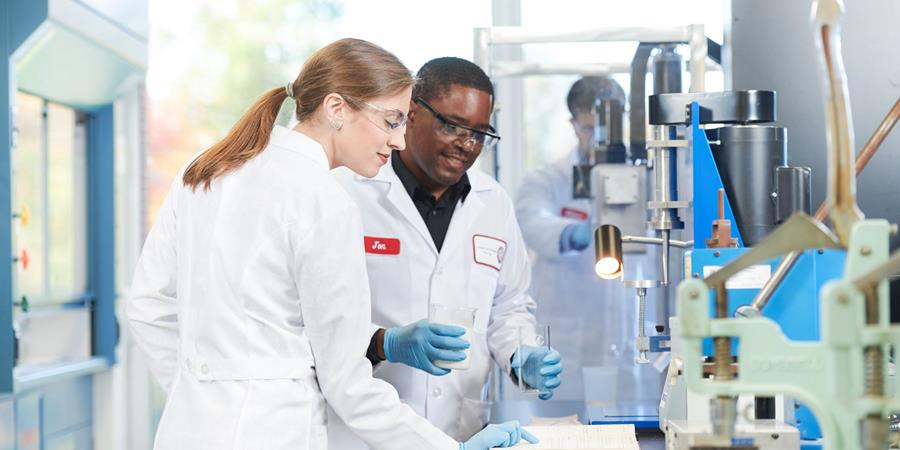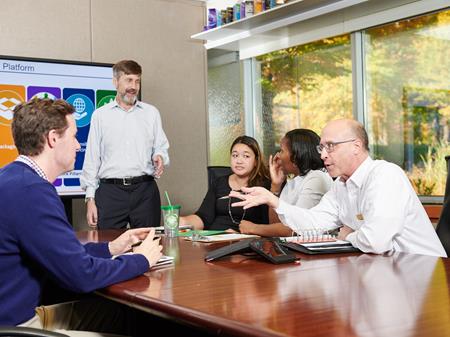Research & development (R&D) is the process where a business or organization works to produce new knowledge that can be used to create new products, services, systems, or technology. Research & development doesn’t progress from one person simply inventing new things but instead via processes involving many people – usually after years of study and experimentation.
The technology sector is usually the area that people think of when asked about R&D, but nearly all companies and sectors invest resources into this vital department. Investment into research & development can lead to the creation of new and improved products and methods, increased business efficiency, reduced costs, and secure investment.
Different types of research & development
There are three different types of R&D: basic research, applied research and development research.
Basic research
The first type of R&D is basic research where the aim is to fully understand a particular subject area as opposed to a practical application. It has no specific commercial aim, but it instead focuses on a scientific advancement that gives the business or organization a greater understanding of a particular problem and how to solve it. Basic research is the first stage in creating a strategy and finding a solution.
Applied research
The second type of R&D is applied research, which is the investigative process used to gain new knowledge so that marketable products and services can be produced. It chiefly finds new ways to achieve a specific objective, or determines the potential uses for the results of earlier basic research.
It identifies customer and industry requirements, and enables the business or organization to find solutions, resolve problems and exploit industry trends.
Development research
This third type of R&D is systematic project work that employs existing knowledge generated from research to create a new product, process, or service. Engineering teams can put this research into practice by creating new products that can be put on the market. Recent processes created from development research can also then be employed by the business or organization to improve the marketing of the new products.
What are research & development jobs?
There are almost unlimited types of research & development jobs spread across a range of industries. Some of the most common ones are scientists, analysts, engineers, researchers, chemists, and software developers.
Personal skills required for research & development
Research & development roles require a person to have personal skills or attributes that make them successful at the job. Here are some of the recommended personal skills required for working in a research and development role.
Analytical skills
Good analytical skills are necessary for a research & development role. Being able to closely examine something methodically in detail and then being able to explain and interpret it is key in this area of work.
Communication skills
Having a high standard of writing is important in any research & development role because accurate and detailed information is vital. Being able to effectively communicate information to colleagues and managers can be the difference between a successful project and a failure. Similarly, verbal skills are needed for the same reason, as well as helping facilitate effective teamwork.
Personality traits
Attention to detail and the ability to take initiative are crucial to working in a research & development role. A personality suited to close teamwork is also highly beneficial as projects will be complex and require a high degree of cooperation.
If you are a graduate or a professional looking for a new role in research & development, check out the Church & Dwight roles currently available.







